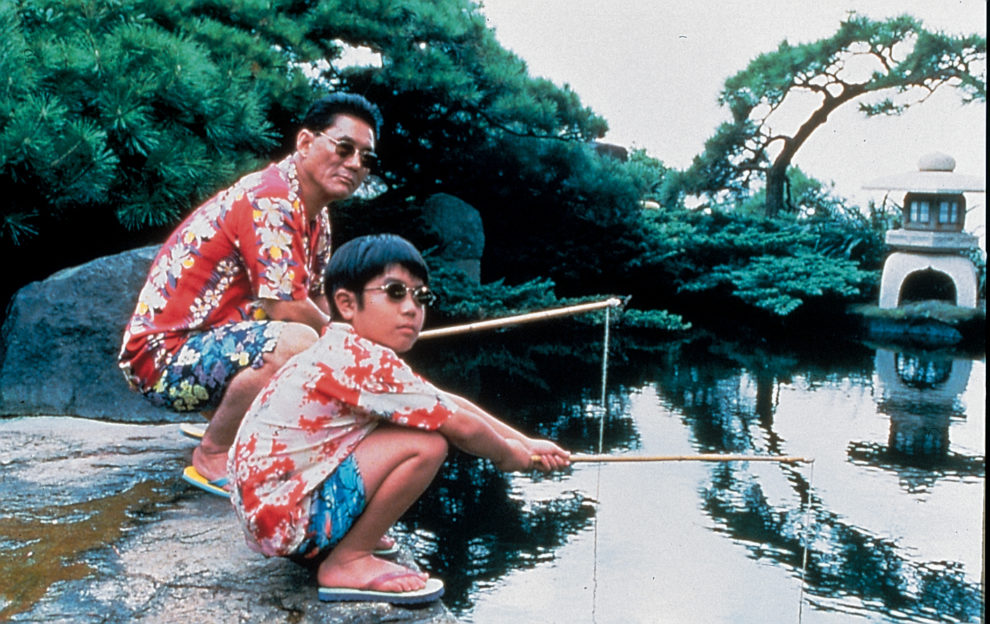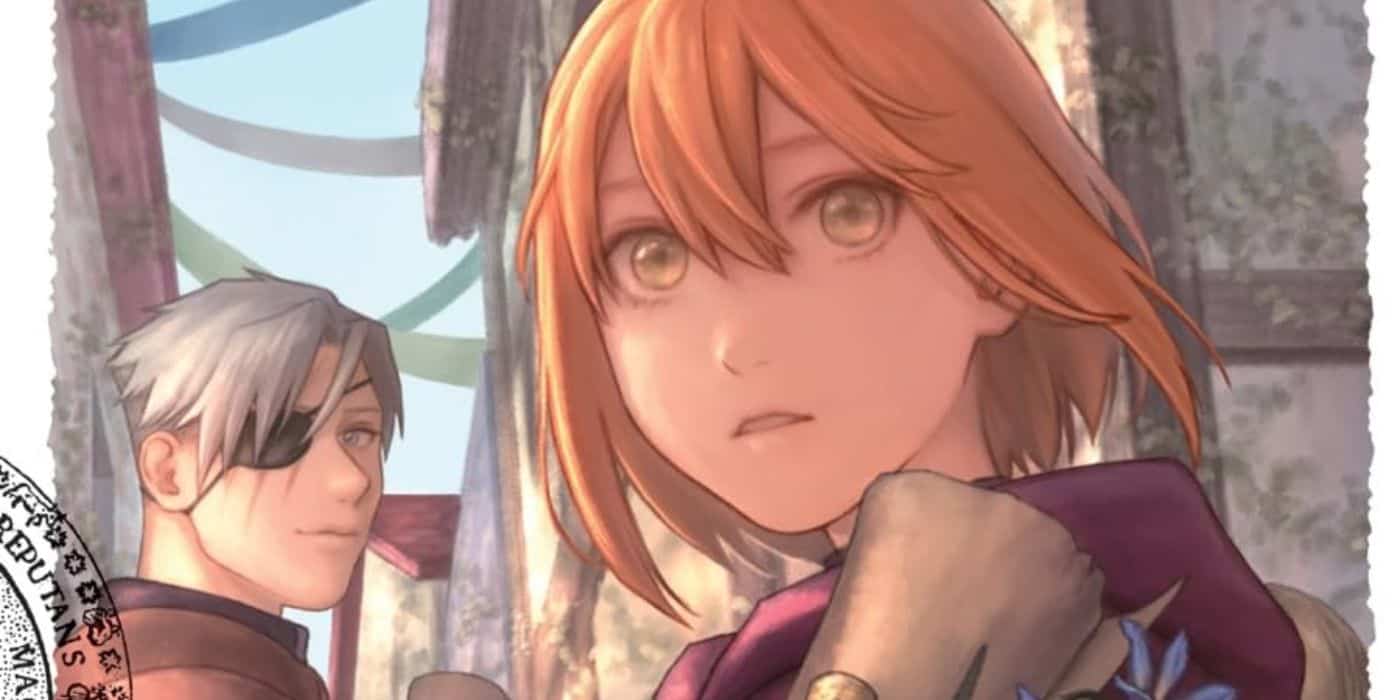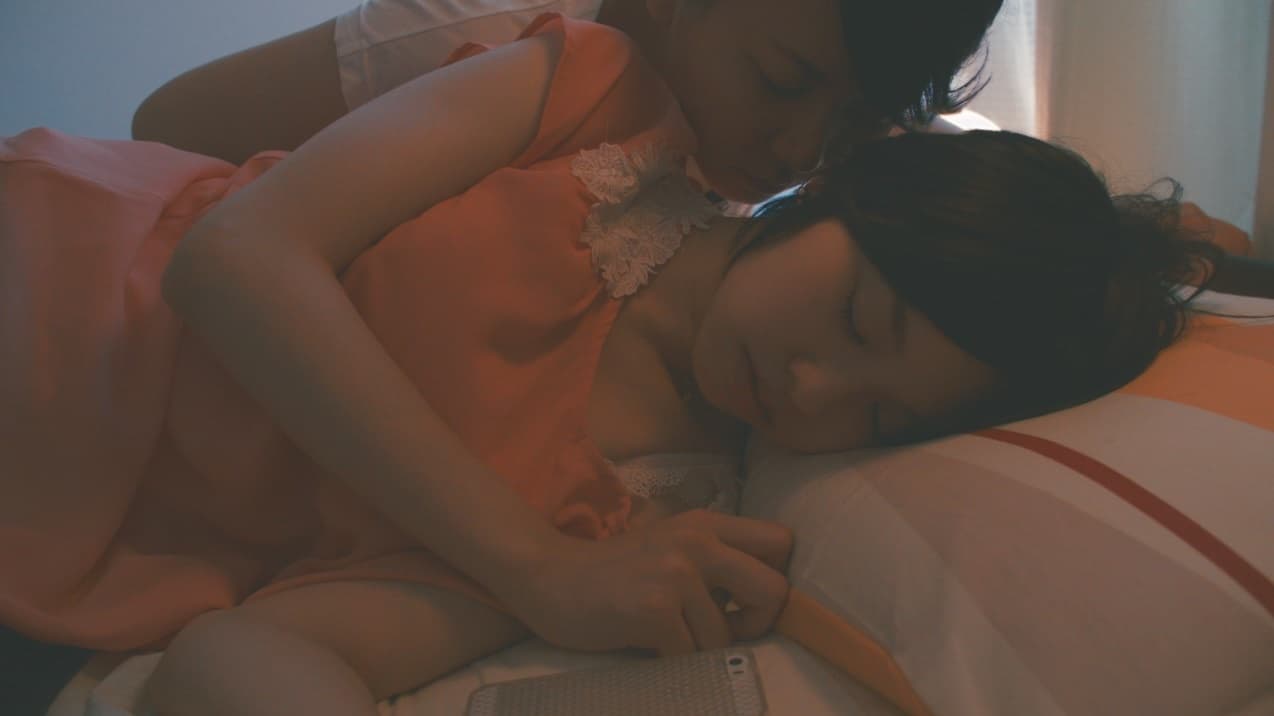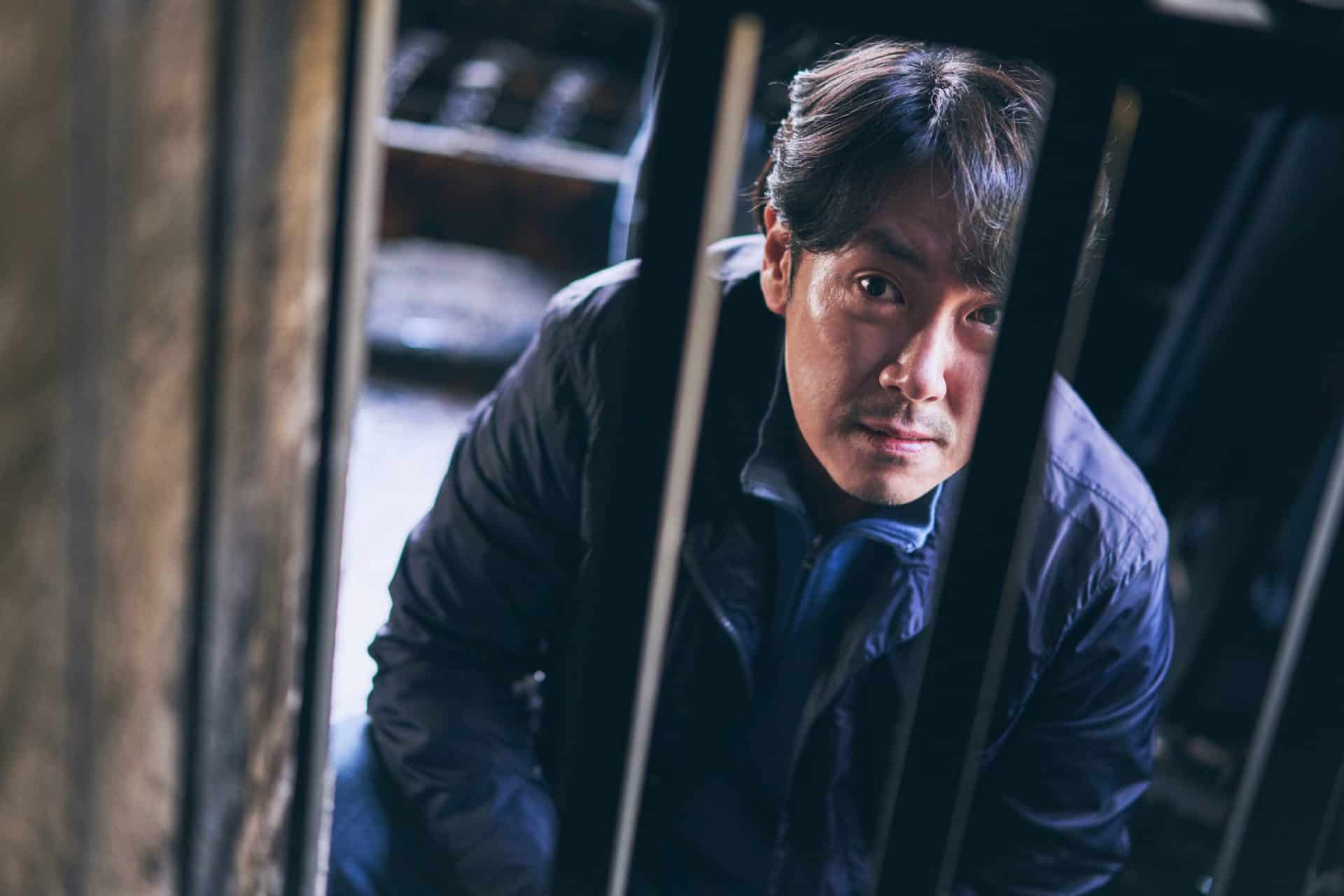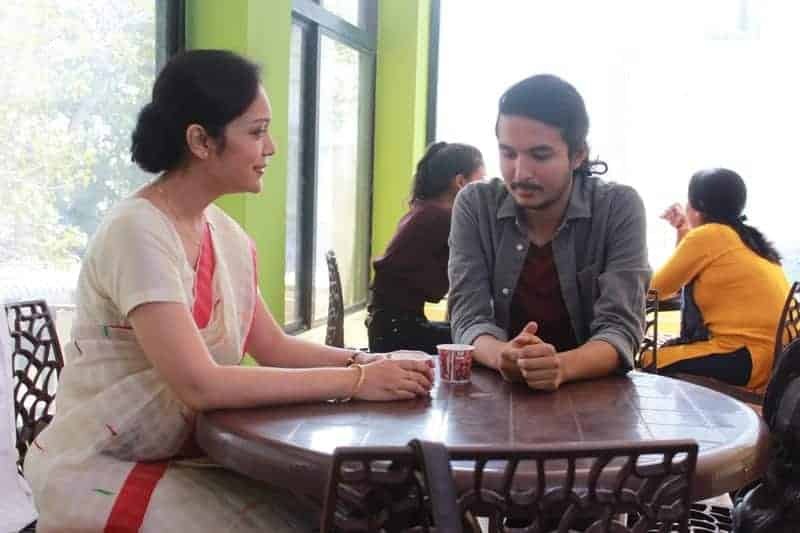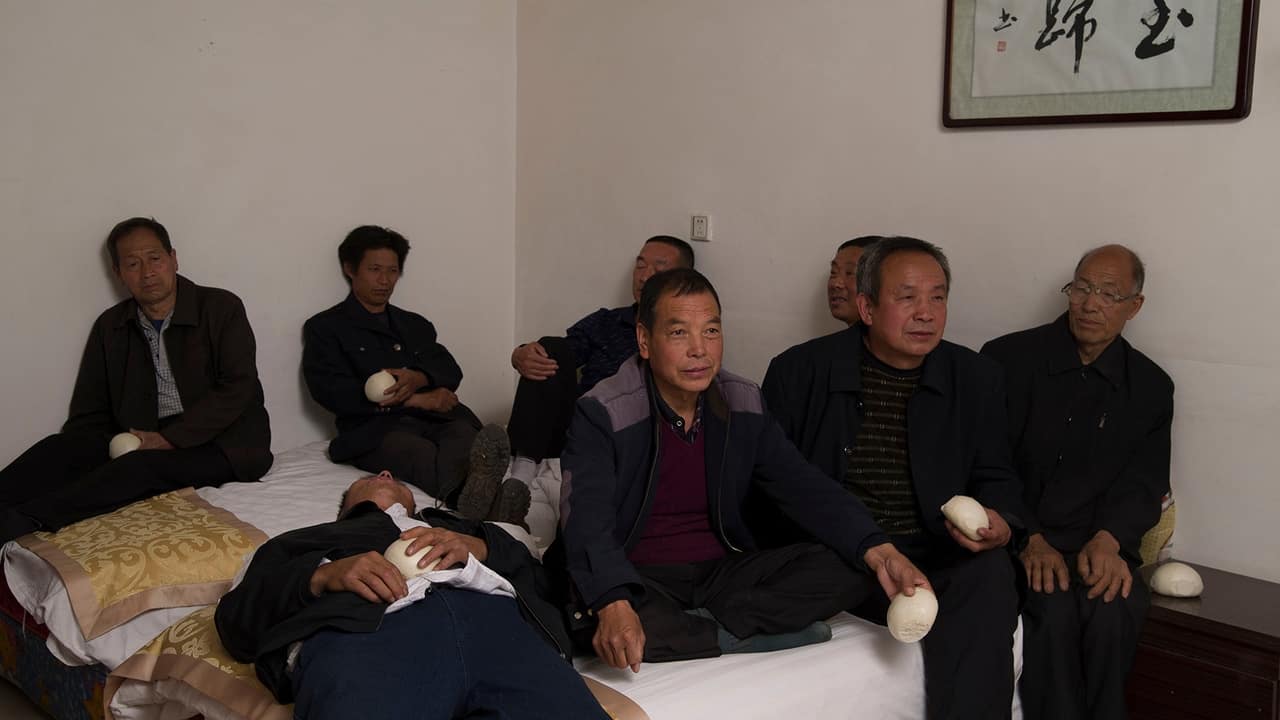After winning the Golden Lion Award at the 1997 Venice Film Festival for “Hana-Bi”, the interest in Takeshi Kitano's works as a director was at its peak, with many calling him one of the most important filmmakers in today's Japan, even going so far as to compare him to Akira Kurosawa. While the international fame was certainly not unwelcome, Kitano could not help but notice the shift between the media attention he received in his home country versus the way he was now perceived in other countries, but also how he was associated with the yakuza-genre and the themes within it. In a way, his next feature “Kikujiro” can be viewed as a means to show a different side to his persona and his work, one which had already been present in “Kids Return” or “A Scene at the Sea”, and also an exploration into a genre he had not done before, the road movie. It was a challenge he had sought for, Kitano explained in interviews, a feature he would use to experiment with the language of the medium and which would surprise viewers expecting another gangster film.
Buy This Title
on Terracotta
Whereas his classmates look forward to the summer vacation, thinking with joy and excitement to their parents taking trips with them to the sea and other places, Masao (Yosuke Sekiguchi) is unhappy now that all of his friends are gone for weeks, his football practice is canceled, and his grandmother has her hands full with her small business, leaving her grandchild alone at home for most of the day. One morning, however, he receives a letter addressed to his grandmother, which must have been written by his mother, who now lives in Toyohashi, a town several miles from where Masao lives. Because he has never met his mother and only knows her from pictures in the house, the boy decides to visit her, but is stopped in the streets by the school bullies, who are driven away by Kikjiro (Takeshi Kitano) and his girlfriend.
Realizing Masao has not one to look after him, but is nevertheless set on making the trip, the woman gives Kikujiro some money, asking him to be his guard during the trip. However, since her boyfriend is a good-for-nothing gambler and bully, he wastes not time spending whatever money they have. After he has arrived just in time to prevent Masao from being further molested by a strange man, Kikujiro finally decides to do what was asked of him and uses whatever money he has left to make the trip to Toyohashi, and be more responsible. It is the beginning of a long journey defined by many obstacles, misunderstandings and beatings, but also one during which both of them realize important truths about themselves.
Even though it may be marketed as such, perhaps it is best to regard “Kikujiro” not as a movie for children. Apart from scenes such as the one with the child molester and Kikujiro beating a truck driver, the themes of growth and self-realization are embedded within the development of both characters, making Kitano's eight feature a very mature work about transition. The various stages on their journey mark not only the development of their emotional bond, as indicated by certain similarities, like them wearing Hawaii-shirts or engaging in childish games, but also their individual growth, highlighted by critical confrontations they have along the way. Although Kikujiro is the adult on the surface, both of them are children in their own way, introverted and lonely, and thus marked by an emotional gap in their lives which made them what they are today.
One of the most essential aspects of “Kikujiro” is the chemistry between the two lead actors. As Masao, child actor Yosuke Sekiguchi is able to show the deep sadness of a boy who had to spend most of his childhood alone, longing for a more profound emotional connection, one he wishes to engage in once he meets his real mother. Similar to Kitano's performance as Kikujiro, the acting is characterized by the “dead pan”-expression – a trademark for the director's approach – which cleverly leaves much of what is going on within these characters to the imagination of the viewer, making an emotional outburst, positive or negative, all the more profound and touching. This kind of quality, while it was present to some degree in “A Scene at the Sea”, for example, has never been as emphasized as in “Kikujiro”, which may be founded in the connection to the director's biography (his father's name was also Kikujiro and their relationship was distant, to put it mildly, and would later on inspire Kitano's performance in Yoichi Sai's “Blood and Bones”).
Apart from the acting, maybe the most significant aspect of “Kikujiro” is, as with many other features by the director, the collaboration with composer Joe Hisashi. Tracks such as “Summer”, “Night Mare” or “Angel Bell” not only highlight the various stages of the characters' journey, but also themes such as improvisation, when they have to make ends meet with whatever money or food they have left, or loneliness.
In conclusion, “Kikujiro” is a road movie about loneliness and one's transition into adulthood and self-realization. Takeshi Kitano successfully diverts from the gangster genre, which has made him famous internationally, presenting one of his most accessible and also touching works.


